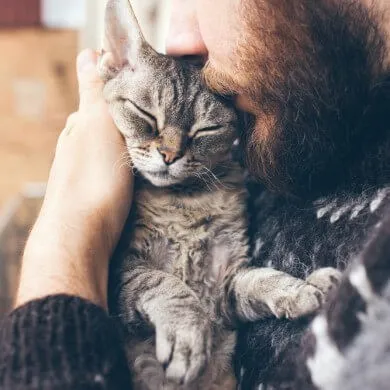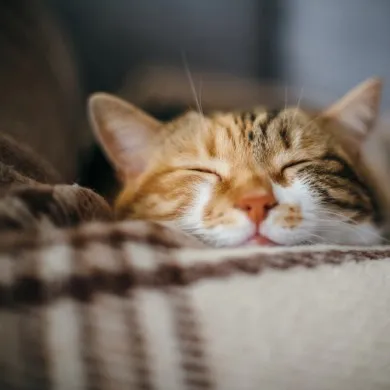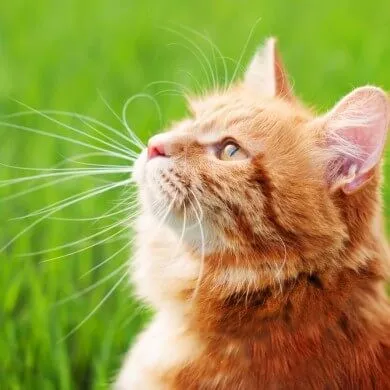A runny nose can be more than a little irritating. Whether it's from cold weather, allergies, or illness, it can be a constant annoyance that ensures you'll burn through a tissue box quicker than you can say "bless you". We aren't the only of Earth's creatures that get the sniffles. Cats are prone to them too. But if you notice your cat has a runny nose, what should you do? Should you be concerned? Settle down; we've got all the answers for you in this handy guide.
What causes a runny nose in cats?
There are many things that can cause your cat to get a runny nose. They might be suffering from allergies, to things like pollen, dust, or other animals. It can also be a sign of infection, for instance, like a cold. They could have a chronic problem with their respiratory system, or they could have hit their nose on something. Other causes include:
- A foreign object in the nose, like fluff or dirt
- Eye, ear, or mouth issues
- Contact with something toxic
- More serious, underlying conditions
It can be hard to determine which is at fault, since you can't ask your cat what they've been up to recently! If only you could; imagine the stories they'd tell. Anyway, now you know what can cause your cat to get a runny nose, you'll be wanting to know how to spot it early.
Signs your cat has a runny nose
To start, there's the obvious nasal discharge we all know and hate. They might also have trouble breathing, or be sneezing and coughing a lot. You might spot some swelling around their nose, or discolouration around their eyes, nose and mouth.
There are also changes in their mood or behaviour you can look out for too. Cats often lose their appetite when they have a runny nose, and therefore they can start to lose weight. They might also touch their face and nose more often, which is clearly a sign that something is irritating them.
What to do if your cat has a runny nose
Firstly, don't panic. It could be something minor, like a trapped object or a passing illness. Give it a couple of days and see if your cat gets better. These things can take care of themselves, so try and give your feline a chance to overcome their runny burden. You could even try applying a Nose Balm to see if it helps clear the issue up. Or, try an Itch Relief supplement, that can help support their natural defence against allergens like pollen and grass.
However, if they have a fever, or the liquid coming out of their nose is thick or bloody, it's worth taking them to the vet as soon as possible. While it could be something rather innocuous like a particularly nasty cold, it's better to be safe than sorry.
Taking your cat to the vets
If you're worried about something serious causing your cat's runny nose, book an appointment with your vet. If this is your first time taking your kitty to the vets, be mindful that cats can be less than receptive to the thought of being put in a cage and a car - especially if they're already unwell and irritated. Get a nice, comfy carry case and fill it with some bedding your cat is familiar with, so they'll settle easier. Then, place a toy or two, and some treats in the hopes of coaxing them in. If they won't go in of their own volition, don't force it. Instead, try picking them up, calmly and slowly, and putting them inside.
When you get to the vet, they'll perform a check-up and hopefully get to the bottom of things. They can also advise you on remedies, prescribe medicine, or plan ahead for surgeries if it's something more serious. Either way, once they're home, treat them like the king or queen they are until they recover. They'll appreciate all the fuss in the long run.
Now you know how to spot when your cat has a runny nose, what could be causing it, and how to help. With any luck, you and your kitty will be back to normal in no time at all!









